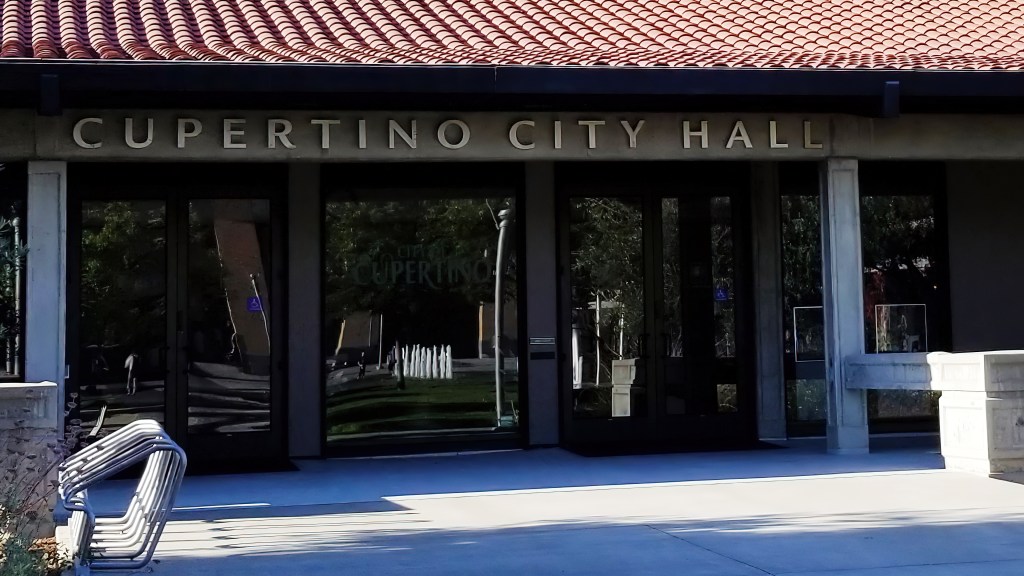
Cupertino is spared from paying California millions in sales tax revenue collected from Apple, with the news coming just months after the city allocated $56.5 million from its budget to repay the state those funds.
The California Department of Tax and Fee Administration (CDTFA) audited the city last year and determined Cupertino had improperly entered a decades-long sales tax agreement with the tech giant. The $56.5 million is the amount of disputed sales tax dollars Cupertino received by Apple between April 1, 2021 — which is when the CDTFA chose to investigate the agreement — and June 30, 2023.
A recent settlement reached with the CDTFA allows Cupertino to keep the funds, “previously allocated and anticipated for receipt through August 2024,” according to the city.
But the details of the settlement, including the exact amount the city can keep, are confidential, according to Deputy City Manager Tina Kapoor.
Cupertino Mayor Sheila Mohan called the news the “the best outcome for the residents of Cupertino.”
“I want to commend our incredible city staff for their dedication and perseverance throughout the long and challenging negotiations,” Mohan said in a statement. “This process took time, but thanks to the efforts of our city administration, our City Attorney and our prudent financial management, the settlement puts us in a much better financial position going forward.”
Since 1998, Apple, which is headquartered in the city, has treated all online purchases of products within California as if they were made in the city. The deal allowed Cupertino to collect 1% of Apple’s 7.25% sales tax, and a third of the revenue was returned to the company. The CDTFA, however, determined that the state should receive that revenue instead.
Apple isn’t identified in city reports as the audited taxpayer, but city leaders in public meetings have indicated the tech titan was the target of the audit.
But the city isn’t out of the woods financially yet. Beginning in 2025, CDTFA ‘s decision will take effect and Cupertino will no longer receive Apple sales tax. The city will need to identify other revenue sources or expenditure reductions to make up for the loss of dollars.
Cupertino already reduced funding for next fiscal year’s operations and maintenance, infrastructure projects and city-sponsored events to meet roughly half of a $30 million shortfall. Last year, the city had eliminated more than a dozen vacant staff positions and decreased its contract services and special projects to meet the other half.

















































